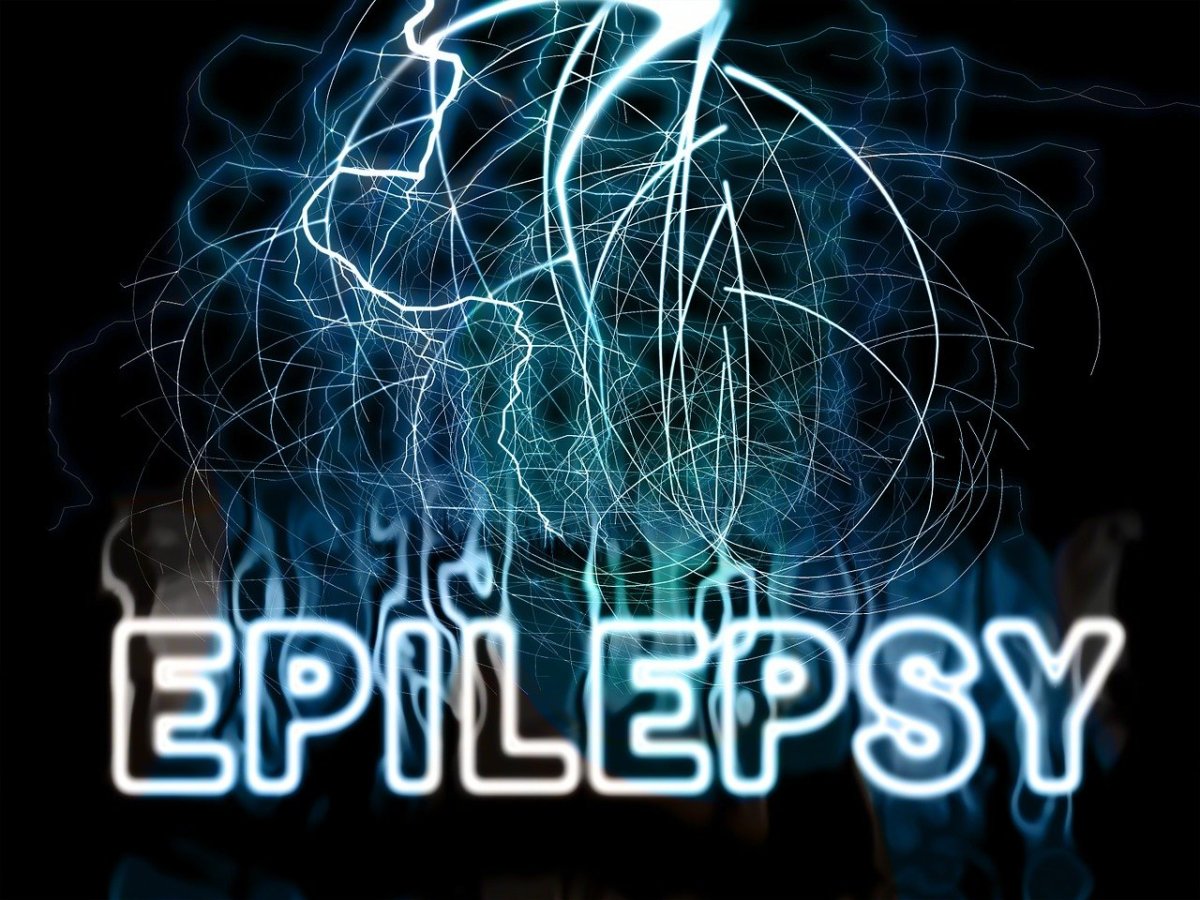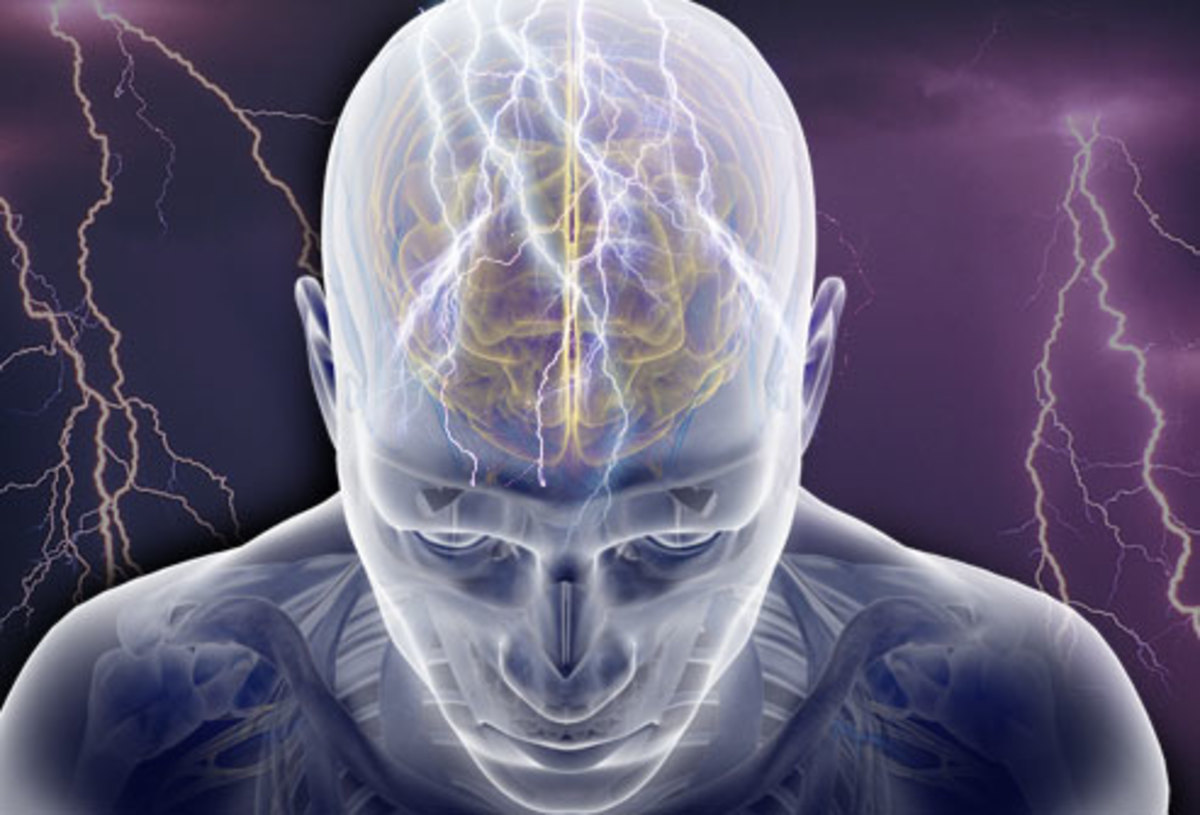Perception and the temporal lobe
What is perception?
If you ever try to search or read about perception you tend to end up with a whole lot of information only really understand by scientists or scholars of some sort. Sometimes you just want to know what words or ideas mean in simpler terms. It is still a word with many meanings and ideas connected to it but the basic definition for me is quite simply how you process things using your senses. For instance that saying we've all probably heard "is the glass half empty or half full?" two people will look at the glass and and may see (or perceive) two different things. The picture below will give you an example of how this works in other ways with visual perception.
How many feet do you see?

What is the temporal lobe?
The temporal lobe is a section of the brain that helps control our perception of things, you have a left and right temporal lobe. Problems with the temporal lobe will mostly affect auditory perception and awareness of surroundings, though this is not it's only role. The temporal lobe also helps with our processing and understanding of speech and memory. The memory in particular is a big role as this area of the brain helps us to remember simple things such as names and places as well as converting short term into long term memory. Serious injury to this area of the brain can also cause amnesia of various severities.
Temporal lobe epilepsy
The majority of people with epilepsy experience seizures which begin in an area of the temporal lobe, depending on which area they begin will determine the type of seizure. Some people experience different types of seizure showing that their epilepsy does not always present itself from the same area and many times these will spread to other sections of the temporal and surrounding lobes of the brain. Perception will alter during any change or seizure in the temporal lobe some epileptics get warnings before tonic-clonic (grand mal) seizures in the form of taste, smell or sensation of something that isn't there. Other changes include deja vu or the opposite jamais vu (unfamiliar with surroundings or feelings).
Types of seizure starting in the temporal lobe
Partial seizures there are two types of these - simple partial seizures (SPS) and complex partial seizures (CPS). SPS are generally considered to be those were consciousness is not altered but perception is. So this would include episodes of deja vu and jamais vu along with speech being altered in some way or memory lapses. Sometimes SPS will lead to CPS.
CPS are considered to be those where consciousness is altered so that the person is no longer aware of their surroundings and an inability to interact with those surroundings. The person can become motionless often staring, or their speech and actions may become increasingly unusual or inappropriate. Due to the altered state of consciousness of these people they have no perception of anything around them during the episodes that can often last only a matter of seconds. Both types of partial seizure can be a build up or sign of an approaching tonic-clonic seizure.
Tonic-clonic seizures during these seizures (also known as grand mal) the person has complete loss of consciousness and perception. The tonic refers to stiffness of muscles whilst the clonic refers to the uncontrolled jerking of the muscles. These seizures generally last around 1-3 minutes but can vary from person to person. After the seizure the damage caused to the temporal lobe leaves the persons perception altered for some time afterwards this time again varies person to person. For me personally it takes around 20-30 minutes before I am aware of my surroundings I am often able to connect the lack of awareness and familiarity with a seizure and so can answer "epileptic" before I can recall my name and address but even this takes much time. Perception can be altered in such a way that you look at the pavement and cannot understand what it is, how it holds you or indeed who you are. Memory is sometimes altered to some extent and occasionally this can be permanent.
- SUDEP and status epilepticus
This is a subject that can be difficult to write about and so for many there seems far too little information about it. SUDEP (sudden unexpected death in epilepsy) and status epilepticus are a daily concern...
- Epilepsy and your memory
Epilepsy is one of the most common, serious, neurological disorders experienced by adults , estimated to be in the region of 50 million people across the world. People from all walks of life have been known...








